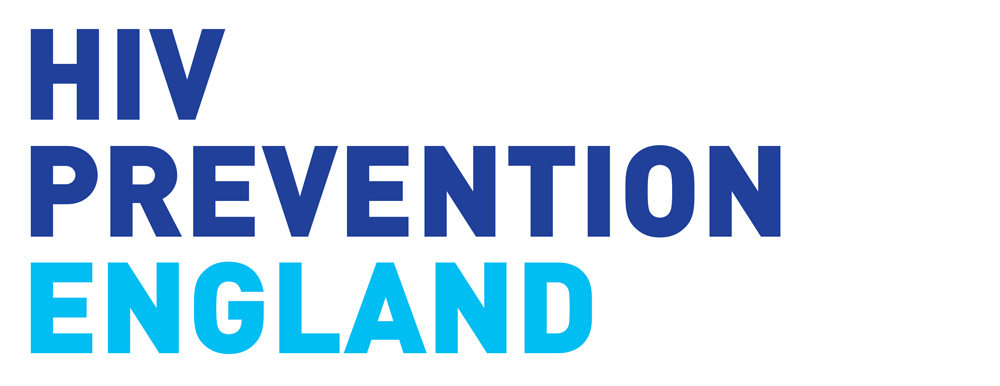As part of Sexual Health Week 2019, which takes place from Monday 16 to Sunday 22 September, we look back at how partners in the HIV sector delivered an HIV prevention workshop in April 2019 with deaf LGBTIQA people.
HPE, along with the Bloomsbury Network, IWantPrEPNow and Prepster, supported deaf-led LGBTIQA group Deaf Rainbow UK to host a successful workshop that provided HIV prevention training to more than 30 deaf people in London.
The event focused on HIV testing and pre-exposure prophylaxis (PrEP), as well as information on condoms and treatment as prevention.
This was the first event of its kind to be organised by Deaf Rainbow UK. The group worked with the Bloomsbury Network at Mortimer Market Centre to host and provide expert speakers for the evening, as well as inviting a deaf person living with HIV to share their journey with the virus.
The aim of the collaboration was fourfold:
- To raise awareness of the availability and types of HIV test to a population at risk of HIV.
- To raise awareness of the availability of PrEP, including where to access it and how to take it.
- To distribute condoms and HIV/safer-sex information resources to deaf LGBTIQA people.
- And importantly, to raise awareness to health professionals who work in HIV prevention and health promotion of the barriers faced by deaf BSL users.
Deaf British Sign Language (BSL) users often face issues accessing health information and initiatives due to ineffective communication from healthcare professionals, or even a complete lack of accessible means to receive the information.
Captioning and other text-based services can assist with relaying information, but face-to-face delivery from sexual health experts, via interpreters and in partnership with deaf role models, provides an engaging way to provide important information.
There are a number of barriers that hinder the provision of accessible information to deaf people, which can lead them to assume a service will be inaccessible by default. Health services are often developed in ways that adversely impact on the way deaf people can access them:
- Telephony services can be a physical barrier to booking appointments or making contact with services.
- There is a lack of awareness that not all BSL users have adequate literacy levels to understand clinical or technical language, or to be able to book appointments online.
- Healthcare professionals often do not know how to book BSL interpreters, and some deaf people report services failing or refusing to book one.
Resources and support for the workshop, including funding for interpreters, were provided by HPE, IWantPrEPNow and Prepster.
Deaf Rainbow UK was successfully able to create an accessible event for a community which are traditionally left behind or who’s needs are not fully considered. Some of the successes included:
- Providing a safe and inclusive space for participants to discuss HIV and PrEP, which for many was the first time communicating with others on the subject.
- Connecting 35 deaf LGBTIQA people with approximately 10 health and community professionals working in HIV and sexual health, who were able to learn about the different needs of deaf people.
- Providing free condoms, lube and HIV/sexual health resources to attendees.
The event successfully raised awareness and knowledge in a number of key areas, given that some people attending the event had never heard about interventions like PrEP before. On a scale of 1-10, all the key areas covered by the workshop showed an increase in knowledge among attendees:
- HIV: an increase from 6.9 before the event to 8.8 after.
- HIV testing: an increase from 7.1 to 8.9.
- PrEP: an increase from 5.0 to 8.4.
To find out how you can make your services and projects more deaf friendly, please contact Deaf Rainbow UK:
Twitter: @DeafRainbowUK
Instagram: @DeafRainbowUK
This page updated on 28 November 2022 to reflect Deaf LGBTIQA changing its name to Deaf Rainbow UK.
